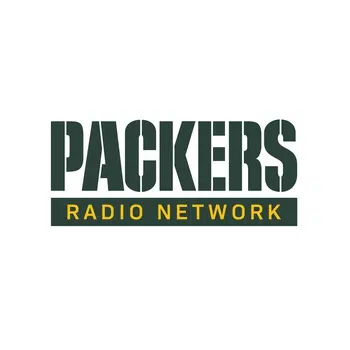By Steve Scherer
OTTAWA (Reuters) – Ontario Premier Doug Ford, facing backlash over his government’s handling of the pandemic, resisted calls to resign on Thursday as Canada’s most populous province grappled with a third wave of COVID-19 infections that critics said could have been prevented.
With pressure building on hospitals, Ottawa is sending federal healthcare workers to help. Ontario had 3,682 new infections on Thursday and 40 deaths, the highest of any province.
#Dougfordmustresign has trended on Twitter this week, while newspaper editorials and provincial opposition leaders also called on Ford, 56, to step down.
Some 46% of Ontario residents have a negative view of Ford, up nine percentage points from a week earlier, according to an Abacus Data poll on Wednesday. Ford’s Progressive Conservatives(PC) trailed the opposition provincial Liberals by one point in the same poll, ahead of a June 2022 provincial election.
“Mr. Ford’s real mistake has been repeatedly ignoring the deep bench of scientists who are there to advise him, impulsively imposing himself as the province’s Fearless Decider,” an editorial in the national Globe and Mail newspaper said this week.
The premier ruled out resigning on Thursday, almost a week after issuing unpopular orders to close playgrounds and allow police to randomly stop people, both of which were abandoned within 48 hours.
Multiple police departments refused to enforce Ford’s orders while Toronto-area health units unilaterally ordered businesses that experience outbreaks to close.
“I’m not one to walk away from anything,” an emotional Ford told reporters on Thursday. “I know we got it wrong and we made a mistake, and for that I’m sorry.”
Ford said he was apologizing for acting “too quick”. Critics said the problem was that he opened the economy up too fast after the second wave, and then moved too slowly when it was obvious that cases were spiking.
Had Ontario kept stay-at-home measures in place longer in February, the case-count “would not have been nearly as bad as what we’re seeing now,” said Dr. Isaac Bogoch, an infectious diseases specialist at Toronto General Hospital.
“We saw case numbers rising for a month … and they were never really acted on,” said Bogoch, who is a member of the Ontario government’s vaccination task force.
Ford extended stay-at-home measures until mid-May last week and on Thursday said his government would provide paid sick leave to workers who need to isolate, a measure many say would have helped prevent the third wave.
On Thursday, Ford said 40% of the province would have at least one vaccine shot by the end of the month.
But the political damage could be lasting.
“It’s going to be a pretty hard hole to climb out of,” said Frank Graves, president of polling company EKOS Research.
Ford, the brother of Toronto’s late mayor Rob Ford who once admitted to smoking crack, has been in power since 2018, sweeping to an unlikely victory after the PC’s former leader was forced to resign in the midst of the election campaign.
During the 2019 federal election campaign, Prime Minister Justin Trudeau capitalized on Ford’s unpopular cost cuts, attacking him repeatedly while touring Ontario, a crucial battleground province that is home to almost 40% of Canada’s population.
“This does remind me of 2019 where absolutely the best asset in Ontario for the federal Liberal Party was Doug Ford,” a well-placed Liberal source said.
(Reporting by Steve Scherer; additional reporting by David Ljunggren; editing by Diane Craft)




